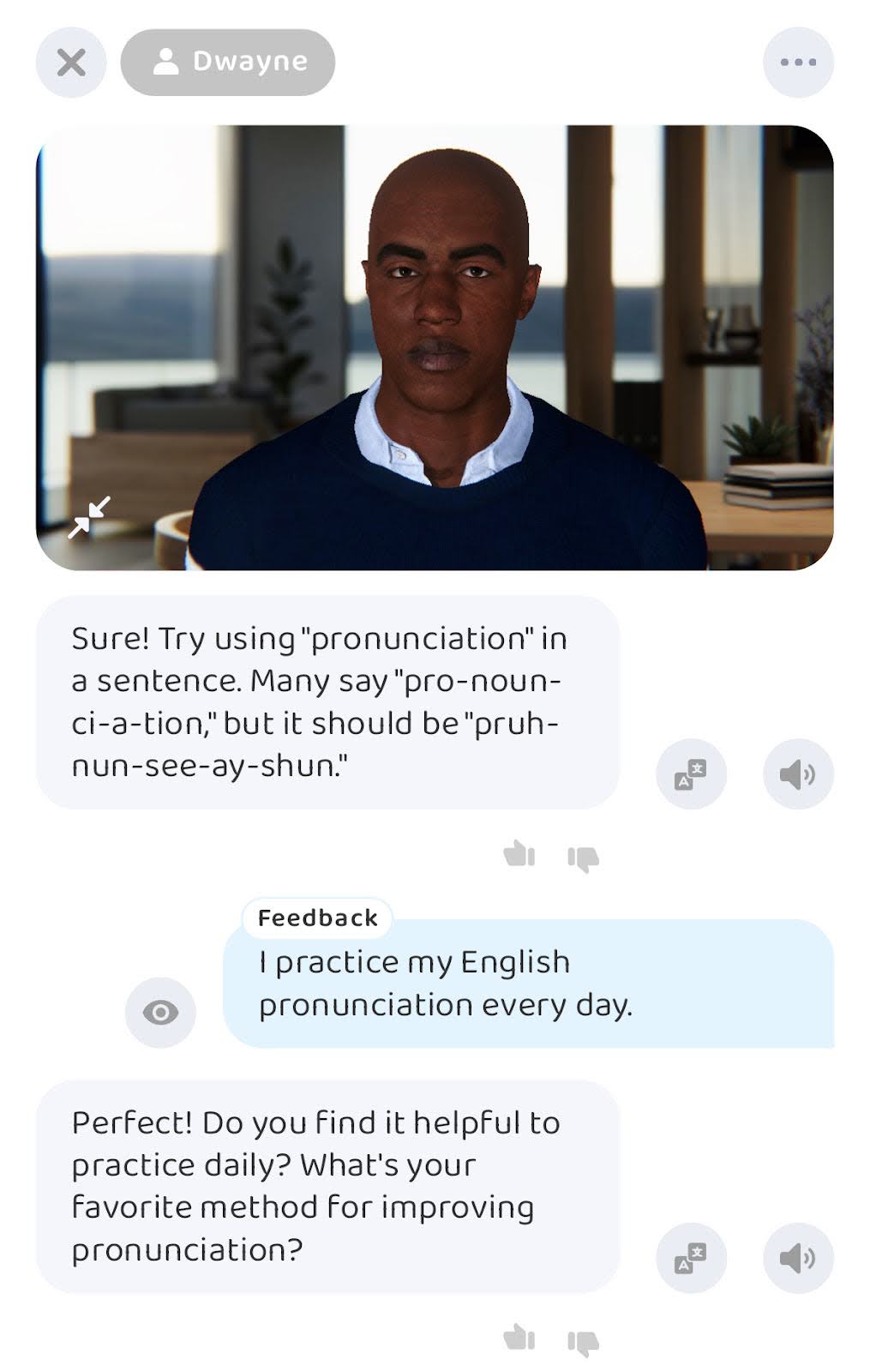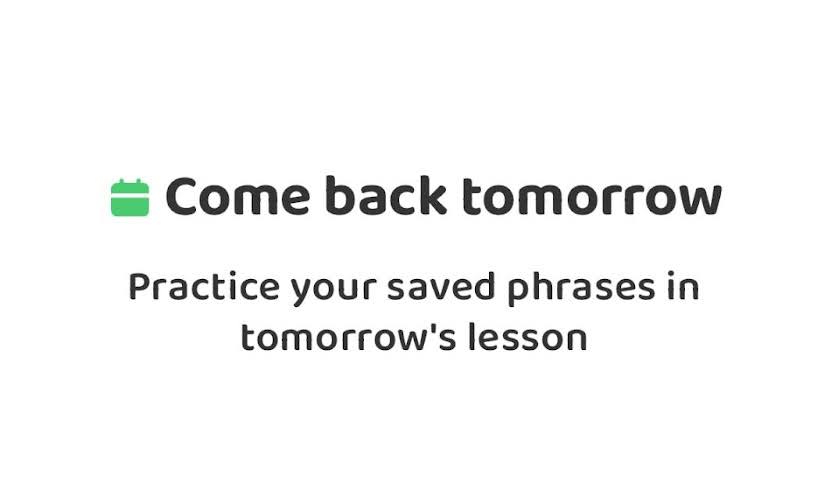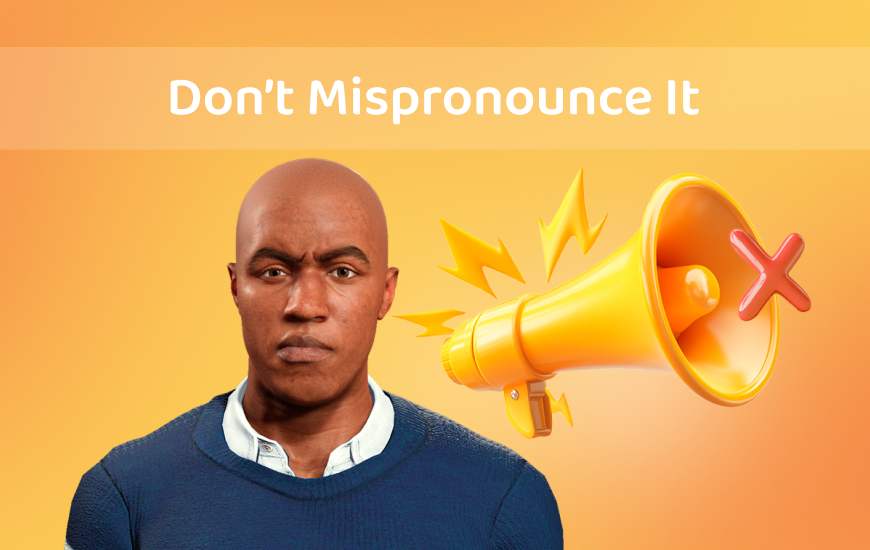Hey, champ! Dwayne here. Let me ask you something—have you ever confidently said a word, only to have someone politely correct you? Yeah, it’s awkward, but don’t worry, it happens to the best of us. Some English words just love to trip people up. Today, we’re tackling the Top 10 commonly mispronounced English words, so you can say them correctly and smoothly. And don’t worry—I’ll make sure we have some laughs along the way.
Why English Words Can Be Tricky to Pronounce
English pronunciation can feel like an impossible puzzle, can’t it? You’ve got words that look one way and sound completely different (colonel, anyone?), silent letters popping up where you least expect them, and borrowed words from other languages that keep their original quirks.
1. Spelling vs. Pronunciation
One of the biggest hurdles in English is that spelling and pronunciation don’t always match.
- The word knight starts with a silent “k” and rhymes with bite. What’s up with that?
- Colonel is pronounced kernel. Why? Because English loves to keep things interesting!
Don’t trust English spelling too much—it’s like a mischievous friend who loves pranks. Listen to native speakers and practice with me in the Praktika app.
2. Borrowed Words = Borrowed Pronunciations
English is a melting pot of languages, borrowing words from French, Latin, Japanese, and more. These words often keep their unique sounds:
- Croissant (French): Sounds like kwa-SAHN.
- Karaoke (Japanese): Pronounced kah-rah-OH-kay.
💡 Dwayne’s Tip: Learn the original pronunciation of borrowed words—they’re like little souvenirs from other languages!
3. Regional Accents and Variations
English sounds different depending on where you are. In the U.S., you might hear caramel as KAR-muhl, but in the U.K., it’s KARE-uh-mel.
💡 Dwayne’s Tip: Don’t stress too much about accents. Pick a style that feels natural to you and stick with it.
The Top 10 Words You’re Probably Mispronouncing
English pronunciation can feel like a guessing game, and some words are absolute troublemakers. But don’t worry, champ—I’ve got your back! Here are the top 10 commonly mispronounced English words, how to say them correctly, and examples to help you master them.
Commonly Mispronounced Words Cheat Sheet
| Word | Common Mispronunciation | Correct Pronunciation | Fun Example |
| Mischievous | mis-CHEE-vee-us | MIS-chuh-vus | “He had a mischievous grin after that prank.” |
| Espresso | ex-PRESS-oh | es-PRESS-oh | “I need an espresso to wake up!” |
| February | FEB-yoo-air-ee | FEB-roo-air-ee | “Valentine’s Day is in February, don’t forget!” |
| Library | LIE-berry | LIE-bruh-ree | “Let’s study at the library this afternoon.” |
| Pronunciation | pro-noun-ciation | pro-nun-ciation | “Ironically, people often mispronounce pronunciation!” |
| Et cetera (etc.) | ex-SET-ra | et-SET-er-uh | “The store sells toys, clothes, et cetera.” |
| Often | OFF-ten | AW-fen (silent T) | “I often go to the gym, but not as much as I should!” |
| Forte | FOR-tay | FORT | “Math isn’t my forte, but I’ll try.” |
| Caramel | KAR-muhl or KARE-uh-mel | Both are correct! | “Who doesn’t love caramel popcorn?” |
| Envelope | ON-velope | EN-velope | “It’s not French anymore—stick with en-velope!” |
More Examples and Tips for Mastery
- Mischievous: This word looks like it has four syllables, but it’s actually just three. Practice: “The mischievous cat knocked over the vase.”
- Espresso: There’s no “x” in this word. Practice: “I ordered an espresso, not expresso!”
- Often: While some people pronounce the “t” in often, it’s traditionally silent. Practice both: “I often visit the park.”
- Forte: If you’re not talking about music, stick with FORT. Practice: “Languages are my forte.”
- Caramel: Good news! Both pronunciations are acceptable, so go with what feels natural. Practice: “I’ll take the caramel latte, please.”
💡 Dwayne’s Tip: To get these words down, practice saying them in full sentences out loud. Repetition is key! If you’re unsure, come chat with me, your fun AI English tutor, in the Praktika app—we’ll nail these tricky words together.
Why Pronunciation Matters

Pronunciation isn’t just about sounding good—it’s about being understood. Imagine ordering food, introducing yourself, or giving a presentation, and someone misinterprets you because of unclear pronunciation. Frustrating, right? But here’s the good news: improving your pronunciation isn’t about perfection, it’s about confidence and clarity. Let’s break down why pronunciation is so important and how it can change the way you communicate in English.
1. Improves Understanding
Clear pronunciation ensures that people understand you the first time. You don’t need a fancy accent—just focus on speaking clearly. Practice tricky words with me in Praktika until they feel natural!
2. Boosts Confidence
When you know you’re pronouncing words correctly, you feel more confident speaking in any situation. Confidence helps you focus on the conversation rather than worrying about mistakes.
3. Enhances Professionalism
In professional settings, clear pronunciation shows that you’ve put effort into mastering English, which can make a great impression during interviews or presentations.
For Example: Saying “pronunciation” instead of “pro-noun-ciation” shows attention to detail—an important skill in any workplace.
Tips for Improving Pronunciation:
- Break it down: Practice words syllable by syllable (e.g., “mis-chuh-vus” for “mischievous”).
- Listen and mimic: Watch TV shows, movies, or podcasts to hear how native speakers say words.
- Repeat out loud: Practice phrases like “February is my favorite month.”
- Record yourself: Play it back to catch mistakes and improve.
How to Build Pronunciation Habits That Stick
Mastering pronunciation isn’t about cramming—it’s about creating a consistent practice routine that fits into your daily life. Here are some easy, fun ways to make pronunciation practice a regular habit:

1. Turn Practice into a Routine
Pick a time, no matter how short, where you can dive into English practice. Make it a part of your everyday schedule so it becomes a habit you don’t have to think twice about. Consistency is the secret sauce for improvement!
- Practice words like mischievous or espresso while brushing your teeth or during your commute.
2. Use Your Ears as Much as Your Mouth
Listening is just as important as speaking. Watch YouTube videos, listen to podcasts, or stream your favorite shows with subtitles to hear how native speakers pronounce words.
- Mimic a character’s lines in a movie, pausing after each sentence to repeat the words.
3. Make It Interactive
Practice live scenarios with me in Praktika! I’ll guide you through real-world conversations like ordering coffee or giving directions, all while helping you fine-tune your pronunciation.
4. Play Games with Pronunciation
Turn learning into a game! Use tongue twisters, rhymes, or even karaoke to have fun while practicing your English. Psst! Practice tongue twisters with me until you can say them 3 times fast!
- Try this classic tongue twister: “She sells seashells by the seashore.”
Let’s Tackle Pronunciation Together!
Learning to say words like a pro doesn’t have to be a chore. With me in Praktika, we’ll turn challenging words into fun games and real-life scenarios. Want to order espresso like a natural or chat about your favorite caramel dessert? I’ve got you covered. Your voice is your superpower—own it! Join me in the Praktika app today, and let’s make English pronunciation your strongest suit.

From Dwayne
Dwayne is your charismatic, joke-cracking English tutor with a passion for helping students break language barriers and speak with confidence. With his background in comedy and love for engaging conversations, Dwayne makes every lesson fun, dynamic, and memorable. Whether you’re tackling tricky pronunciation or preparing for a big moment, Dwayne’s got the tips, humor, and encouragement to help you shine.
